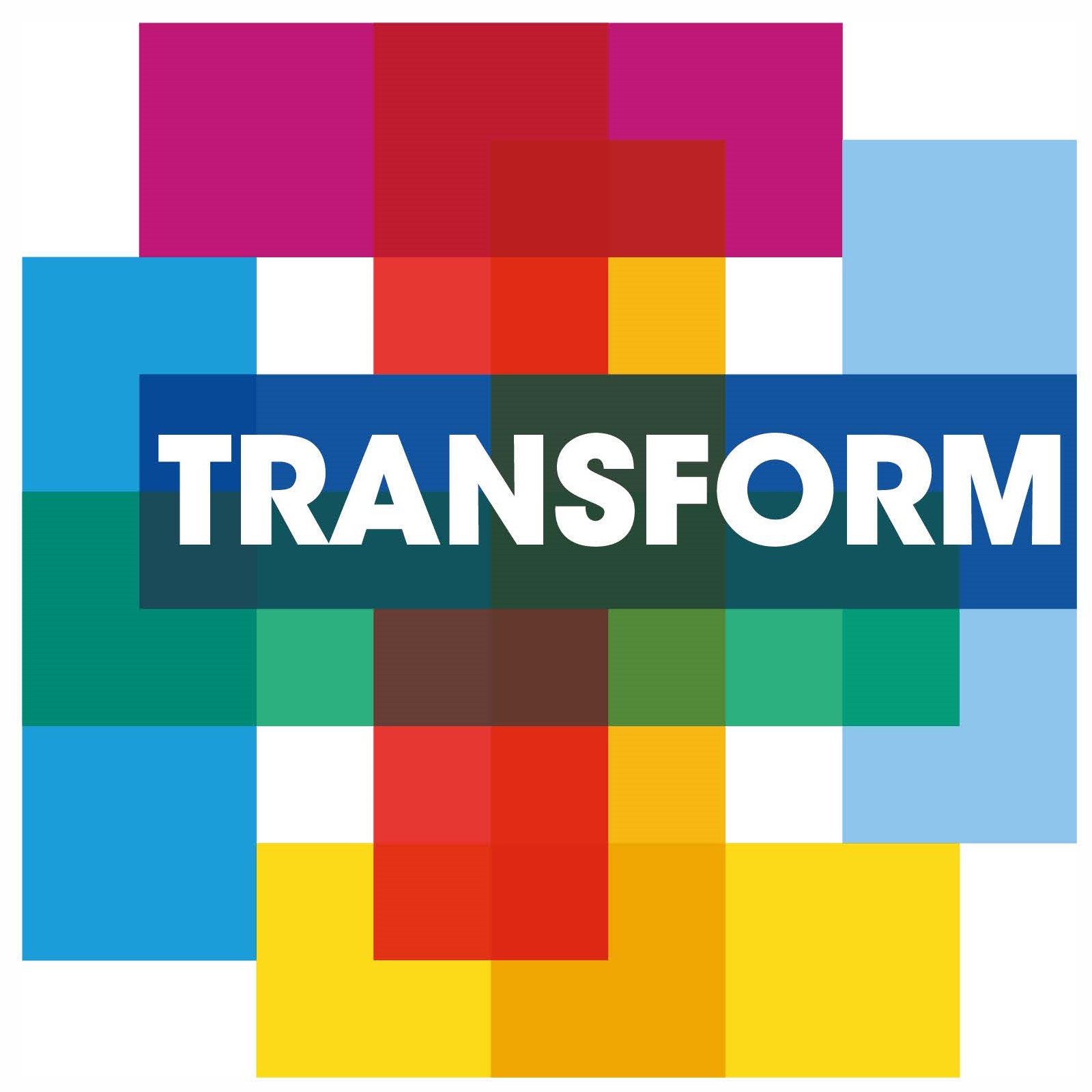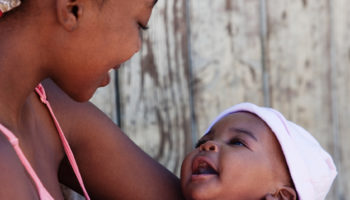In Rwanda, as in many countries, there can be a social stigma attached to buying health products. People don’t want to go into a pharmacy or store to purchase things like contraception, sanitary pads or HIV self-test kits. In rural areas, they may not even be available.
Kasha was set up in 2016 to ensure that everyone can access essential health items. TRANSFORM supported Kasha to deepen their service of low-income consumers in Rwanda and expand into Kenya.
Here, two inspirational leaders share their perspectives on collaborating through TRANSFORM, and what a difference it has made.

Entrepreneur: Joanna Bichsel, CEO of Kasha
Health ecommerce business, Kasha, is named after my daughter. It stems from the belief that all mothers want to make sure their daughters have everything they need to live their best lives. Over 75% of our customers are women aged between 21 and 35, because in Africa, as in many other emerging markets, women are the household decision makers. They choose which products and brands are right for their family. They also have the greatest health needs in terms of the number of products they require. As one example, they menstruate every month for around forty years. And yet, no online retail outlets in Rwanda were optimised for women, especially not those on low incomes.
From the start, I wanted to create a disrupter digital brand that turns the traditional health product retail model on its head. My background is in technology and global health, so I knew that existing supply chains were very top down. In new territories, big health brands were pretty much guessing local consumer demand. For Rwandan women in low-income households, the result was that too many didn’t have access to essential health and pharmaceutical products.

At Kasha, we have created a consumer-driven, data-focused business model that provides people with exactly what they need. It’s built on the premise that even the poorest people usually have at least access to a smartphone. They place orders at our online shop, which sells everything from soap to toilet roll to hand sanitizer and contraceptives. The products are packaged discreetly and then distributed via a network of Kasha agents, meaning that even those in remote areas can buy them confidentially. We also sell to re-sellers, like shops, pharmacies and clinics – sometimes providing reliable customers with credit, so they can grow their own business.
Not long after I founded the company, I realised the power of what we were doing for women when a female security guard called our helpline – which provides product information and directs people to medical services. She told our customer advisor that a male colleague had raped her during a nightshift in an office block. Evidently, she was distraught, but she also didn’t know what practical steps to take. We were able to connect her with a nurse and provide access to emergency contraception. Her story really stuck with me.
In addition to selling products, we provide information sessions, often on topics like contraception and menstrual hygiene. A lot of families still don’t talk about periods so when girls start having them, they’re terrified and confused. Similarly, during the COVID-19 pandemic, we undertook communications work, debunking myths around vaccines.
Around 65% of our agents are women. Often, they’re the breadwinners in their family, but they haven’t previously had many income opportunities. Through Kasha, they can earn over a thousand dollars a month. This good income means they can substantially improve their lives. For example, some of our initial agents were widows of genocide victims. I remember one who was especially shy and quiet. She didn’t speak any English or know anything about tech. Financially, she was struggling. Now she’s a confident, powerful woman who’s able to pay for her children’s studies.

We are for purpose and for profit. Making a positive social impact is not an add-on, but core to what we do. Our model is profitable, because I believe that the best way to drive big social change is through private companies. Financial viability and sustainability are how to keep offering our products and services – as well as generating incomes for all our agents – over the long-term.
Thanks to a grant from TRANSFORM, we expanded into Kenya. As early-stage innovators, we are so grateful that the team took a chance on us. Start-up funding can be difficult to access in this region, especially if you’re doing something so different. We now have a turnover of tens of millions of dollars, but TRANSFORM’s support was critical in getting here.
They understood what we were doing. Their funding and insightful advice allowed us to build our business in a second country. The resulting upturn in our revenue and accumulation of customer data allowed us to attract big investors. In 2023, we’re moving into Western Africa and South Africa. Our ultimate mission is to become the leading digital health product retailer across all emerging markets. We believe it’s a fundamental human right that women access critical hygiene and healthcare products. No-one should feel ashamed to buy what they need.

TRANSFORM: Grace Cramer, Technology & Innovation Unit’s Portfolio Lead, the UK’s Foreign, Commonwealth and Development Office (FCDO)
At FCDO, we believe that women and girls should face no constraints on realising their full potential.
Yet too many women around the world still find their health and reproductive needs ignored. Evidence has shown that where these needs are met, women and girls are more likely to complete their education, take up better opportunities and contribute to the growth and prosperity of their families and countries. When women meaningfully participate in peace processes, the resulting agreement is 64% less likely to fail and 35% more likely to last at least 15 years. Put simply, educated and empowered women are essential for building a safer and wealthier world.
FCDO is committed to ensuring women have quality, respectful, affordable, and inclusive health services. And this is why we were so excited to fund Kasha through our TRANSFORM programme. By giving women, in even the hardest-to-reach places, access to meet their health needs through a sustainable market mechanism, Kasha is ensuring more girls are able to attend school, women are better able to earn a decent salary and that they can conduct their lives with dignity.
Through the programme’s transformative funding, Kasha has made huge progress in Rwanda and is well established in Kenya. By scaling up, creating more jobs and giving women access to affordable health products, Kasha is are on its way to creating systems change across East Africa.




